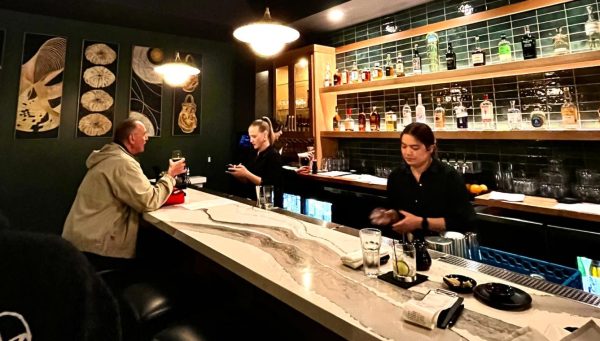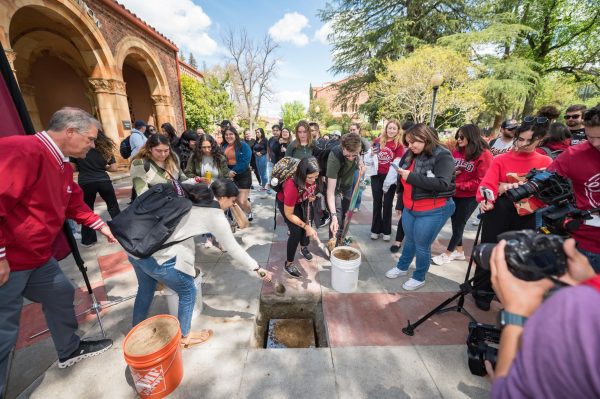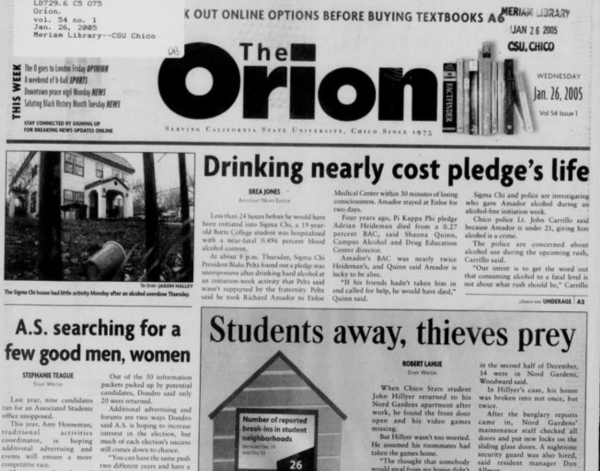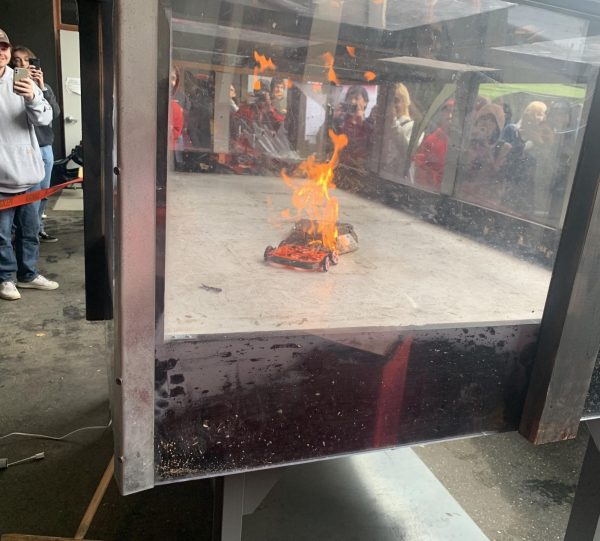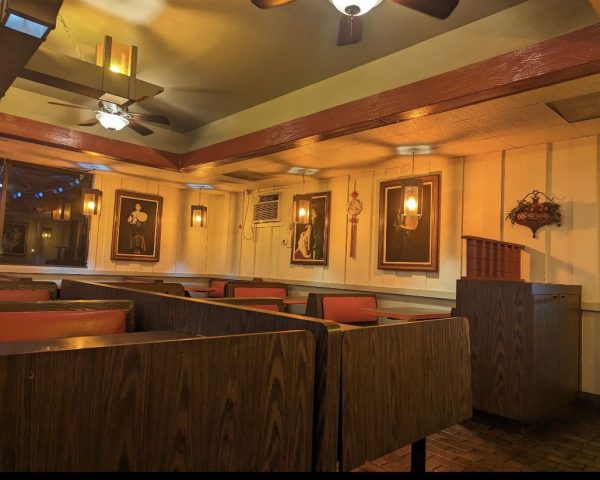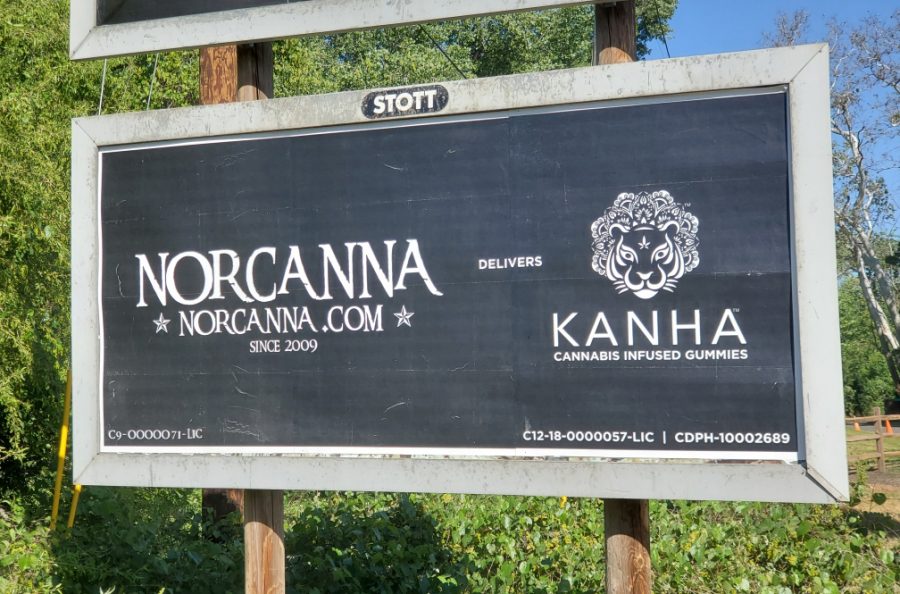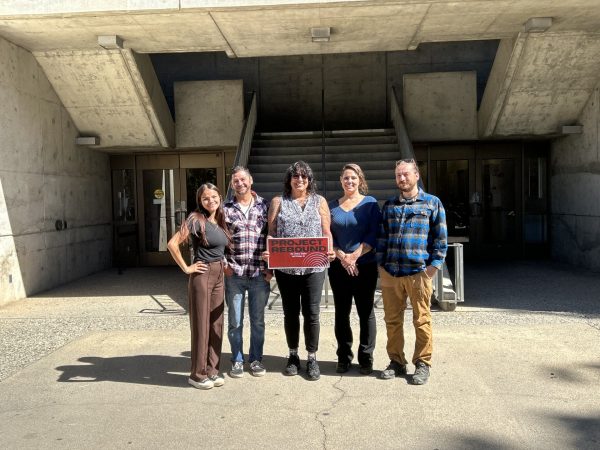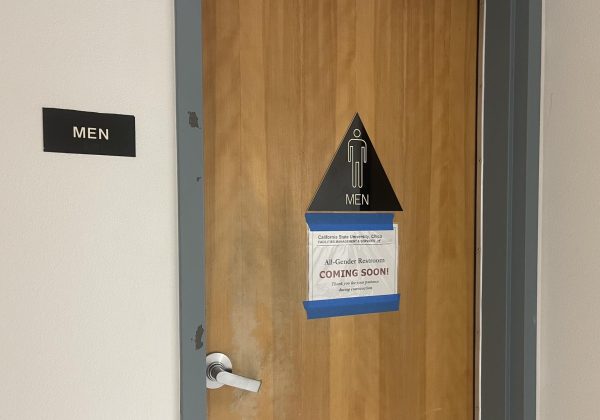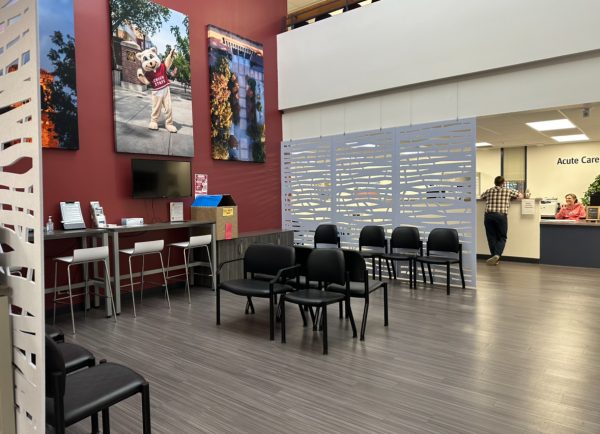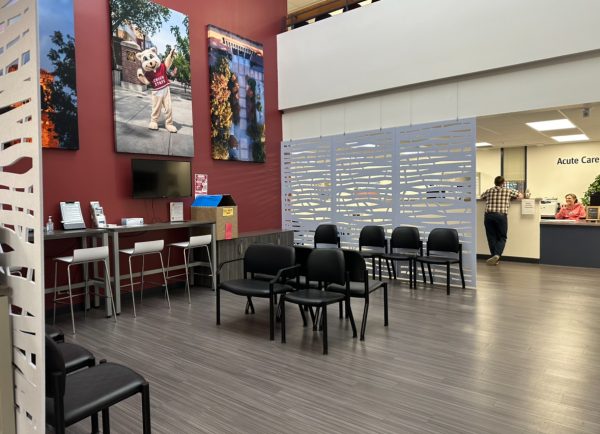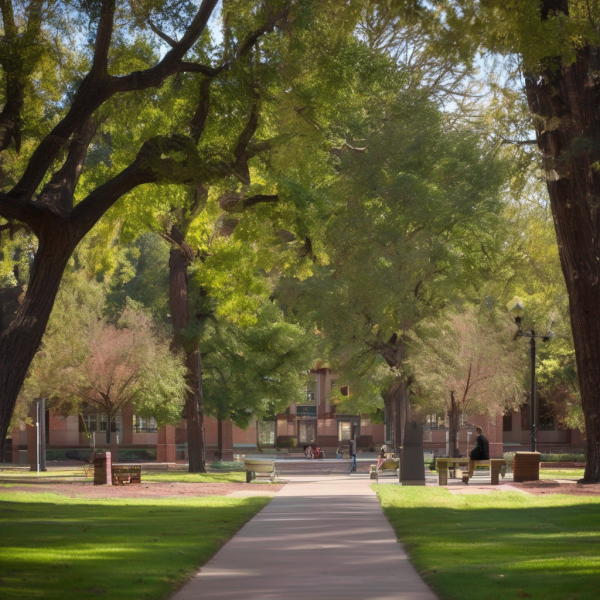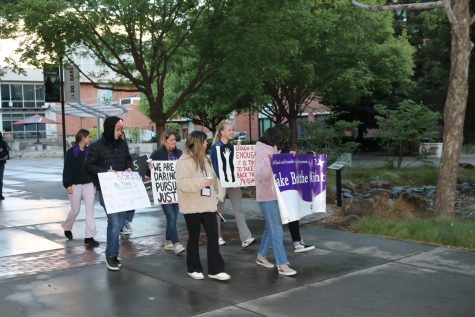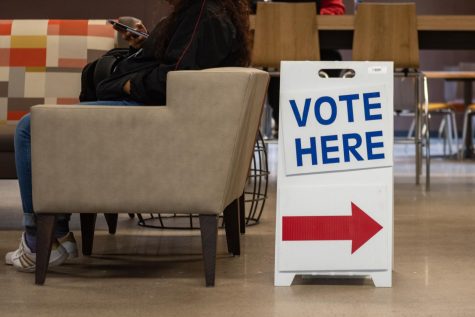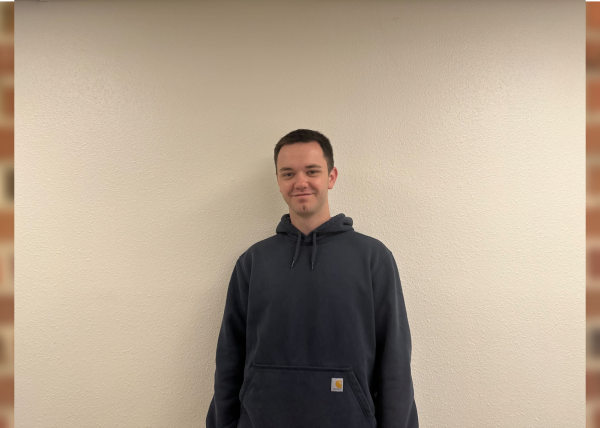Delivering weed to Chico is not just easy money
A billboard advertising cannabis delivery in Butte County, May 2021.
More than 15 companies, mostly based out of Sacramento, will now deliver cannabis to your door in Chico within the hour.
The Orion reached out to Bryon Thornton, one of the owners of Norcanna, and Chaz Cornellier, one of the owners of Organic Care of California, to explain the complicated process of running their cannabis delivery businesses.
Norcanna launched in 2008 for delivery in the greater Sacramento area. It was the third to advertise on Weedmaps and the second delivery service registered in California. Thornton is a Humboldt State graduate.
“I loved what it offered to patients and to the people who use it,” Thornton said. “I just liked the culture.”
He began as a grower in Humboldt County while going to college and then ended up vending in Sacramento. After a soft launch in El Dorado County as a cannabis delivery service, Norcanna became successful, and Thornton expanded across Sacramento, Yolo, West Sacramento, Placer and finally Butte County.
Cornellier began Organic Care of California much the same way. Cornellier began growing cannabis with the same 215 medical license in Sacramento after graduating Chico State. He stated that his friends owned dispensaries, and Cornellier noticed how much money they were able to make and decided to open a delivery business himself. He was able to finally get his license to sell recreational cannabis in 2017.
Both men expressed how difficult it was to begin, and how much harder it would be to open a storefront. “Only so many storefronts are allowed and whoever is allowed to own them rules the market,” Cornellier said.
Cornellier spent $500,000 just to set up his warehouse and gain the proper licenses to run a delivery service. “If you don’t have money, good luck,” he said. “I couldn’t do what I did now, there’s no way. I wouldn’t have the money.”
The state required pictures of a building that hadn’t been built yet, information on how it would impact the neighborhood, how many delivery vans would be driven in a day, how many deliveries they would make and how much money they would generate.
Cornellier considers himself lucky. He was able to work a full year in 2017 before new regulations arrived.
“I had data to go off,” he said. “Anyone who’s new has no data to work off, they just have to make it up, and then they’re being judged off those numbers and how they’ll do better than other established businesses. … Big companies have a huge advantage because they know how it works and how much it really costs.”
Thornton said his least favorite thing about the industry was not being treated, even now, as a legitimate business that can acquire tax breaks and banking access.
“When you’re dealing in an industry that’s all cash,” Thornton said, “there’s a lot of opportunity for theft, a lot of opportunity for miscounting. You can’t build credit. You can’t do so much.”
When you pay an IRS bill in cash only, you’re charged a 10% penalty. So, if you still don’t have banking and go to pay off that penalty in cash, you’re fined another 10%, and so the cycle continues.
“You take it on the chin,” Thornton said, “and you press forward hoping that it’s gonna change.”
Cornellier lamented the lagging tax and banking system. “There’s no write offs,” he said, “the better I do, the more I get hurt.”
Even given all the costs and the lengthy legal processes, both men said they would never go back.
“I absolutely love it,” Thornton said. “It’s hard, it’s very hard. Probably more so than any other industry outside of pharmaceuticals because there’s so much regulation involved.”
His favorite part of the job is seeing his employees grow alongside the business — to see them build families, afford homes and pay off college debts. He calls them “Lifers” because they’ve been a part of the company since the beginning.
Cornellier loves his job, too. “Yeah, you’re making money but you’re also helping people,” he said. “I’ve had at least 20 people in the last year call because now they can eat, or now they can get up in the day without medicine. Every person you go up to, they are so ecstatic. It’s awesome. No one orders weed and when you get there is mad.”
